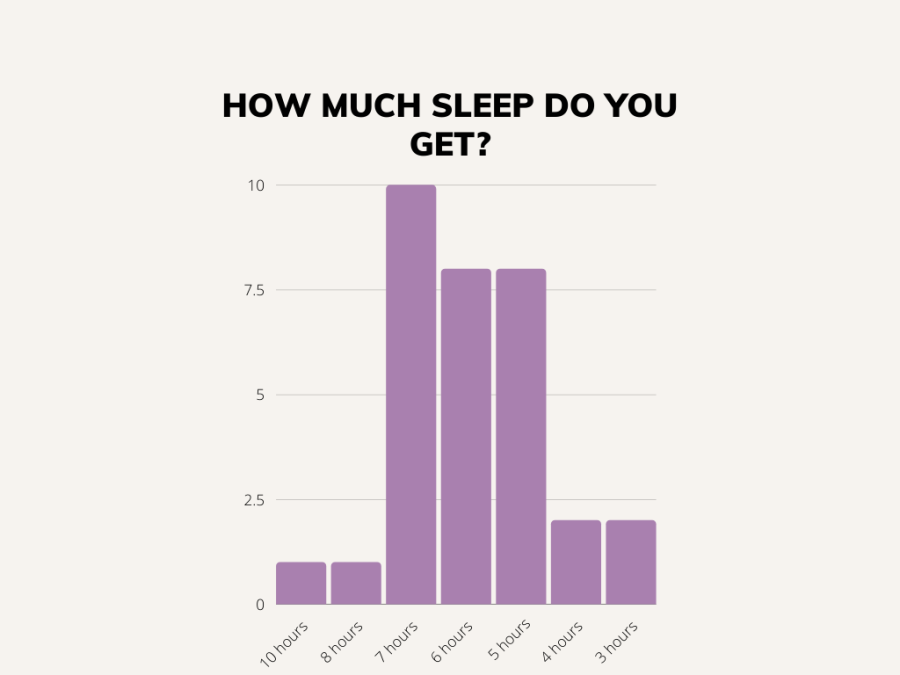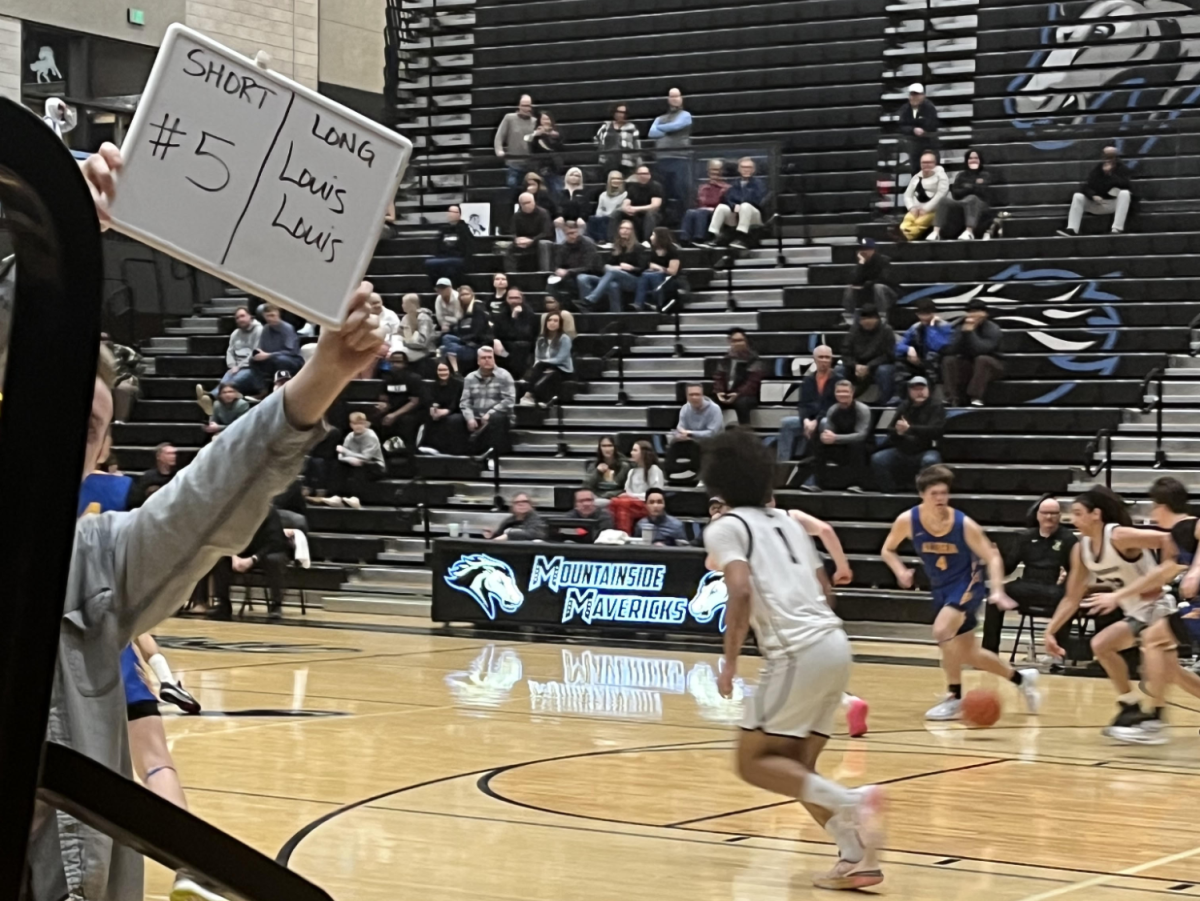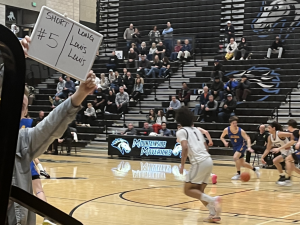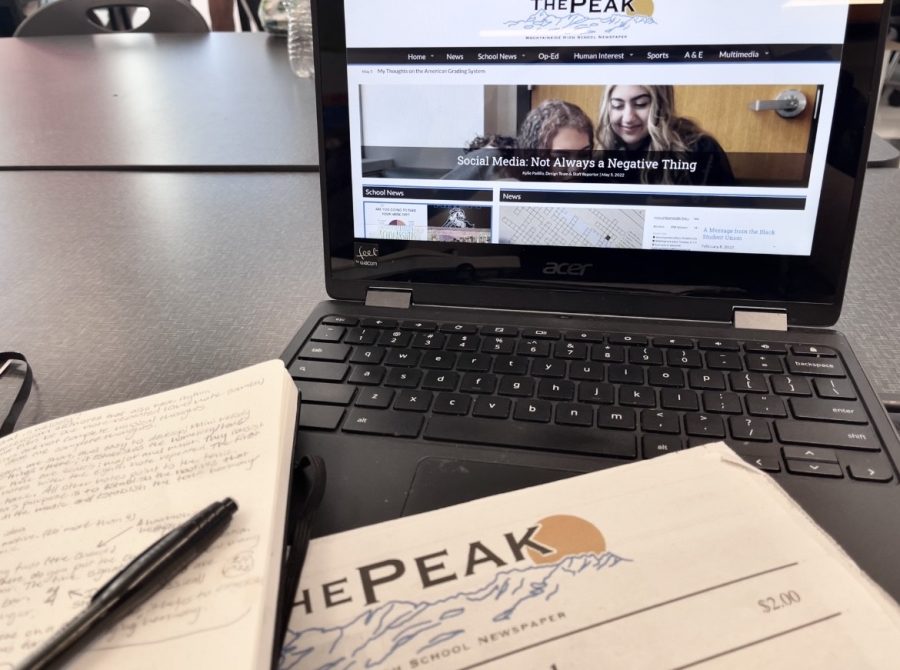ZZZ… Ztart Classes Later
May 11, 2022
Imagine, you go to sleep at 11:00pm and wake up at 6:00am.
From the moment you wake up, you are expected to perform exceptionally well.
Society tells us to earn competitive GPAs. Enroll in rigorous courses. Join clubs. Play sports. Complete service hours. Finish chores. Apply for a job. Get a driver’s license. Buy a car.
On top of that, you rush to school before 8 am, where you are expected to sit in a classroom to absorb information while sleep deprived. With every second outside of school, having to focus on doing homework or studying for a test.
For most high school students, this is their reality.
The Mayo Clinic recommends 8-10 hours of sleep for teens between 13-18. “Getting the recommended amount of sleep on a regular basis is linked with better health, including improved attention, behavior, learning, memory, the ability to control emotions, quality of life, and mental and physical health.” wrote Eric J. Olson, in How many hours of sleep are enough for good health?
An average, Mountainside students get seven hours of sleep per night. With the remaining majority, getting between 5-6 hours of sleep.
“Sleep is closely connected to mental and emotional health and has demonstrated links to depression, anxiety, bipolar disorder, and other conditions,” Sleep foundation said in their recent article, Mental Health and Sleep.
Sleep is a huge part of life, and it’s arguably one of the most important factors to get you through your day.
A lot of middle and high schools have later start times, like Conestoga that starts at 9:15, Newberg High School that starts at 8:30, and Tigard High School that starts at 8:55. Later starts to their school days allows them to get more sleep in the morning.
The Sleep Foundation states, “Sufficient sleep, especially REM sleep (deep sleep), facilitates the brain’s processing of emotional information. During sleep, the brain works to evaluate and remember thoughts and memories, and it appears that a lack of sleep is especially harmful to the consolidation of positive emotional content.” Meaning, the more deep sleep a teenager gets, the healthier their brain and body becomes.
For many students, their schools are not very lenient in giving students more time to turn in assignments late. But ever since the lockdown happened, more and more teachers have been accepting late work. This is because so many people’s mental health suffered through the lockdown, and teachers have been recently brought more aware of it.
While there are many district-wide factors to consider, an example on why school should start later was on April 11th when almost all schools had a later start time at 9:45 due to inclement weather.
When we went into school, I noticed that everyone was more awake, and so was I. The later start time allowed me to get more sleep, which made me more productive in the morning. When it got to the afternoon I was a lot less tired than I usually am. First period classes were more enthusiastic, and students felt well rested and energized.
Something else that we often disregard is the mental health of teachers. With the stresses of lesson planning, test days, and grading– along with their personal lives outside of school, they also don’t get the amount of sleep they should be getting.
Everyone across the board that goes to school isn’t getting enough sleep, and this needs to change.





















